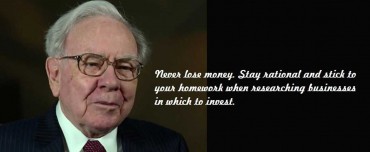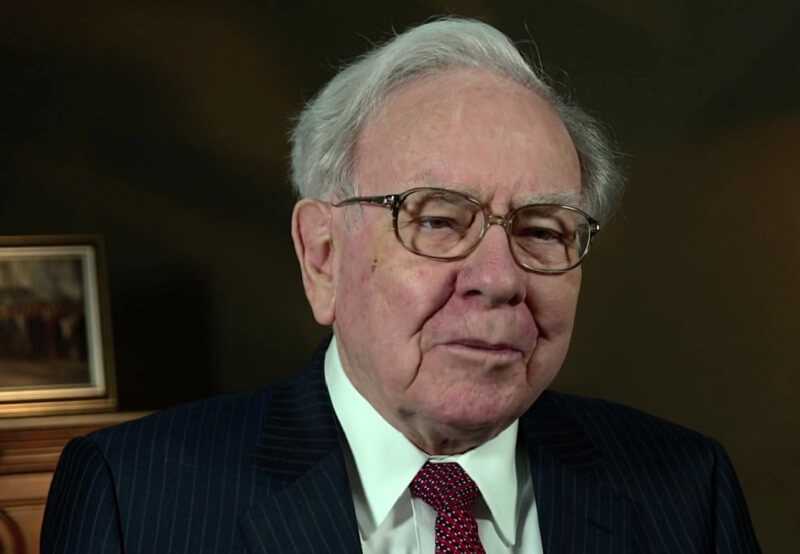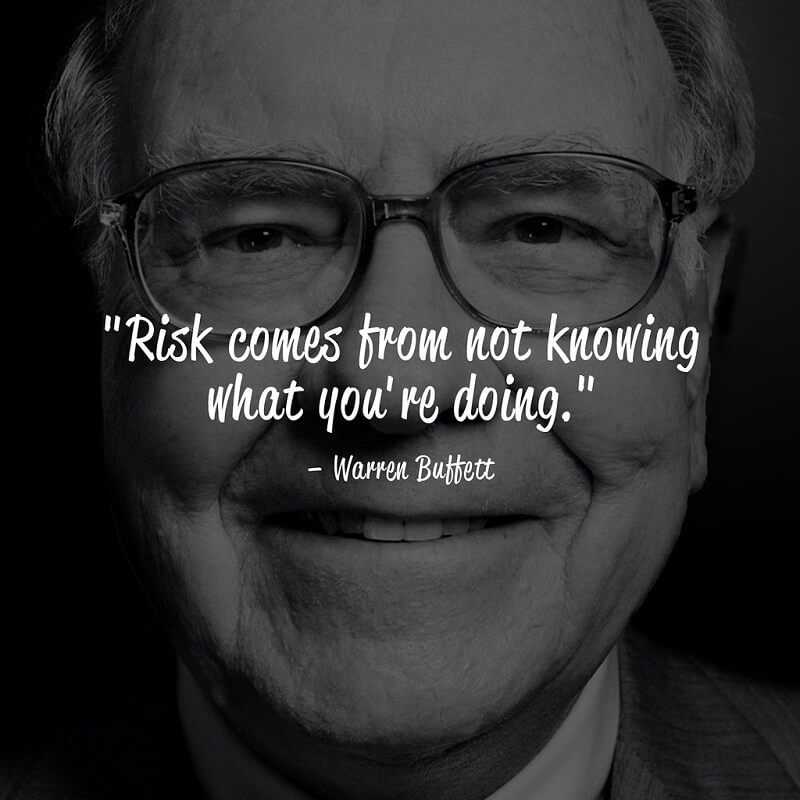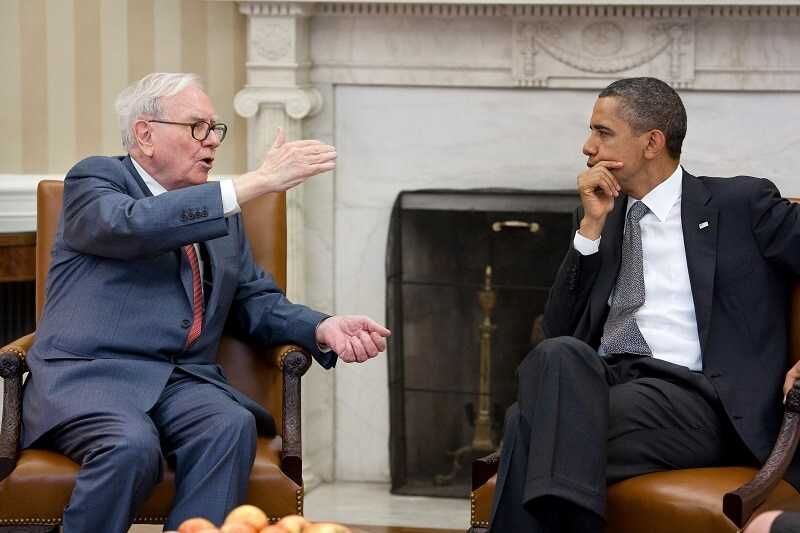
Some traders’ and investors’ lies will confuse you; the other will take your money. Be aware!
By Guy Avtalyon
Maybe it’s tough to say, but there are too many lies that traders and investors like to tell. It doesn’t matter if they are lying to their rivals or the audience. I’m always astonished how people pinch every cent at the supermarkets but will let someone they hardly know take their money. Why would you believe anyone you barely know?
Actually, I can’t even imagine why anyone likes to tell me lies. Do such people want to make a false picture of themselves? What do they think after telling some lies? Are they bigger in their own eyes? More successful? Smarter? Someone might say they are not lying; they are creating a parallel reality. But why?
Keep in mind, you have to check everything, or you’ll end up losing your assets.
This post aims to unmask the big lies that traders and investors like to tell, yes. All the little lies, the myths, and misleads of traders and investors. I’ll give you the list of traps, so you’ll avoid falling in them.
What are the lies that traders like to tell?
Most of us are self-taught traders. We are learning to trade by reading books on trading; we are watching videos, we like to talk with successful traders and investors. In other words, we’re gathering knowledge from every possible source. And we believe they are trustworthy.
On the other hand, I’m up for the challenges. When someone tells me that something cannot be performed, I’ll spend hours and days showing how wrong such thinking is. That’s in my nature.
When I hear someone is picturing him or herself as a professional trader, my alarm turns red. I know they are convinced they are the best, but the truth is something else. For example, some traders would tell lies to give excuses for their lack of profit. Such traders will tell you that some strategy isn’t good enough or impossible to perform, only because they failed to succeed. If you believe them, take a step back, and think twice. Don’t let other traders’ failures stop you. It could cost you money, or, at least, you could waste your precious time.
If anyone in the world did it, then the contrary is a lie. I always tried to show them how wrong they are. Never believe when someone tells you, “you cannot do it.” Try it; instead, never leave the battlefield. If you know that anyone did it before, find out how it is possible and explore the strategy, method, and approach.
You will never make money in a short time
This is a true lie. Why shouldn’t you make money in a short time? You can do it in any trading period of time. We’re living in a high-tech era; we have computers, phones, laptops, we can trade from any place on the Earth at any time. For some trades, you’ll need a few seconds; for others, you’ll need months or years. Where is the problem?
Remember, you’re the one who chooses the timeframe. Choosing your trades’ timeframe depends on your budget, personality, trading style, goals, etc. That’s why we have short-term traders and traders with long-term timeframes. It’s completely great to have a trading strategy that combines the short timeframes. So, of the lies that traders like to tell is that you cannot make money in a short timeframe.
Lies that traders like to tell: you have to analyze the market full-time
C’mon! Once you understand how the market price is acting, it’s totally possible to turn on your computer at any time and enter the trade. It is actually recommended when you notice the price in the right position or see a good candlestick bar. What is the other way to make a good trade? There is no other way. Just turn on your computer at the right time, enter the trade, and make a profit with the right settings.
Of course, you’ll need to know a lot about price action and trading to enter the trade at the right time. But the truth is, you don’t need to look at your screen all day long or to study the market full-time. All you need is a good strategy to have more wins than losses. Keep in mind; trading has nothing with certainty; it’s all about probability.
You can’t profit with a small trading account
Really? When I hear something like this, I have to ask: Can you tell me what is the right trading account, please? For some traders, $100.000 is nothing. Well, guys, during my early days as a trader, $100 was big money for me. Honestly, it was all I can put into the trade.
Moreover, some of the most successful traders started with much less money. And look at them now!
The truth is that you need to know how to manage your trades to protect your capital invested. Always keep in mind the size of your position. That’s the key. Your primary goal should be to protect your capital. Your account will grow with the winning trades. As the old song says, the winners take it all.
Automated trading algorithms control the markets
The truth is that automated trading algorithms do over 70 percent of all trades. Also, the truth is that they are not the largest part of the trading volume. Large institutions do account for the majority of the trading volume in the market. No one can say that algorithms control or run the market. That would be stupid. But it is one of the lies that traders like to tell when they fail.
How many times did you hear: What can I do against algorithms? They are smarter than I am? Oh, dear man, algorithms are made by people, like you and me, but they are smarter, that’s true. No jokes, these guys are programmers, developers very familiar with complicated mathematical operations, but there is a different case with the markets. Every second of a trading day, you can see traders taking the bull or bear side on every trade. What can you do as a home-based trader? Follow them. Copy their actions. The main goal in trading is to take the winning side—nothing less, nothing more.
One of the lies that traders and investors like to tell, especially to their competitors, is that they can’t learn to trade. They will try to discourage you by saying that you do or do not have the talent or abilities for successful trading. It’s BS, trash, pardon my French! Everyone can lose money; it’s the part of trading. No one is profitable all the time. Losing trades are normal. The goal is to have more winning than losing trades in sum.
Take your time, don’t waste it on lies that traders like to tell, build your confidence, learn as much as you can, and enter the trade.






